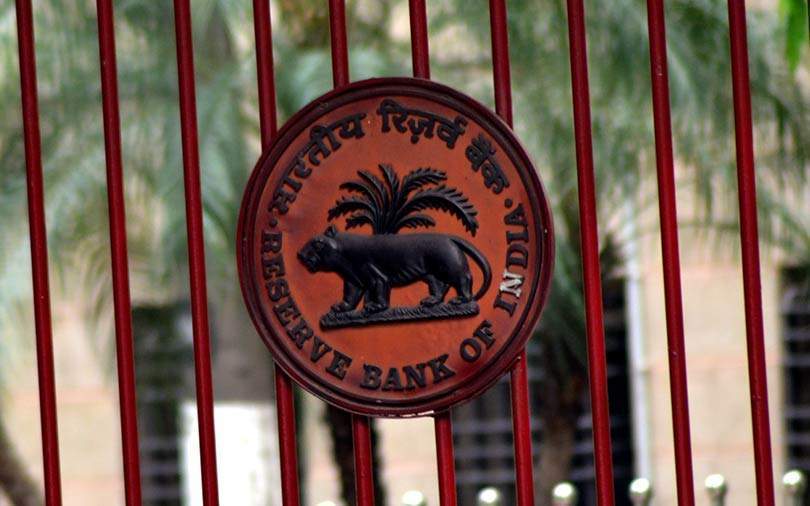
RBI’s vision document envisages six-fold rise in PoS infrastructure by 2021


The Reserve Bank of India has estimated that digital transactions will increase four-fold in the country from Rs 2,069 crore in December 2018 to Rs 8,707 crore in December 2021, it said in its Payment and Settlement Systems in India: Vision 2019-2021 on Wednesday.
The document, which lists out 36 specific action points and 12 outcomes, is an indicator for the federal bank to encourage digital transactions and increase the deployment of card acceptance infrastructure across the country by 2021. It estimates 5 million point of sale (PoS) terminals to be deployed by 2021. The vision document also estimates 35% growth in the use of debit card transactions at PoS terminals for the period of 2019-2021. The growth of PoS and QR code-based payments (digital PoS) aims at reducing cash on delivery transactions for e-commerce, the document stated.
“The document opens up discussions between banks and innovative payment technology companies to promote e-payments. Another aspect which is notable is the geo-tagging of payments which will help RBI track where the customer is transacting, what works and what doesn’t in terms of the payment method, including PoS,” said Mandar Agashe, founder and vice chairman of Pune-based Sarvatra Technologies, a banking technology solutions company.

In a statement, the RBI also stated that the vision document for 2016-18 had achieved all its goalposts, including reducing paper-based clearing instruments, consistent growth across NEFT, IMPS and card transactions, registered customer base of mobile banking and launching new products like Bharat QR Code and United Payments Interface. The document further added that the objective of accelerated use of Aadhaar for payments is under review in light of the Supreme Court’s judgement of September 2018, which barred private financial entities from using Aadhaar-based verification. The ruling was later revised to include banks and telcos.
Kaushal Mahan, lead of technology practice at research and public consulting firm Chase India, welcomed the RBI’s vision document, saying that the regulations are prescient in focusing on making e-payments secure and affordable for consumers and making India a cash-lite economy.
“The execution of the proposed measures will be extremely crucial and can be facilitated by allowing for enhanced participation of consumer groups, academia and civil society; working collectively towards creating a robust, inclusive, widely accessible and secure e-payment ecosystem,” he added.

The document also states the need for setting up a Self Regulatory Organisation (SRO) covering payment system operators and the retail products of National Payments Corporation of India (NPCI) such as UPI for creating a framework for best practices on security, customer protection, pricing and other aspects.
“We welcome the creation of an SRO as part of the vision document. Another aspect we have been highlighting with the RBI is to allow Prepaid Instrument (PPI) companies to settle the transaction directly. Currently, PPIs depend on banks for this. We hope over the next three years this too will be addressed,” said Naveen Surya, chairman emeritus at Payments Council of India, which represents 100 players in the payment and settlement system space.
The document also states that regulated entities such as rural banks will be permitted to acquire PoS terminals, with a vision to scale the acceptance infrastructure six times in the next three years. It may also set up an Acceptance Development Fund (ADF) to subsidise acquirers of PoS terminals deploying these in Tier 3 to 6 cities.

